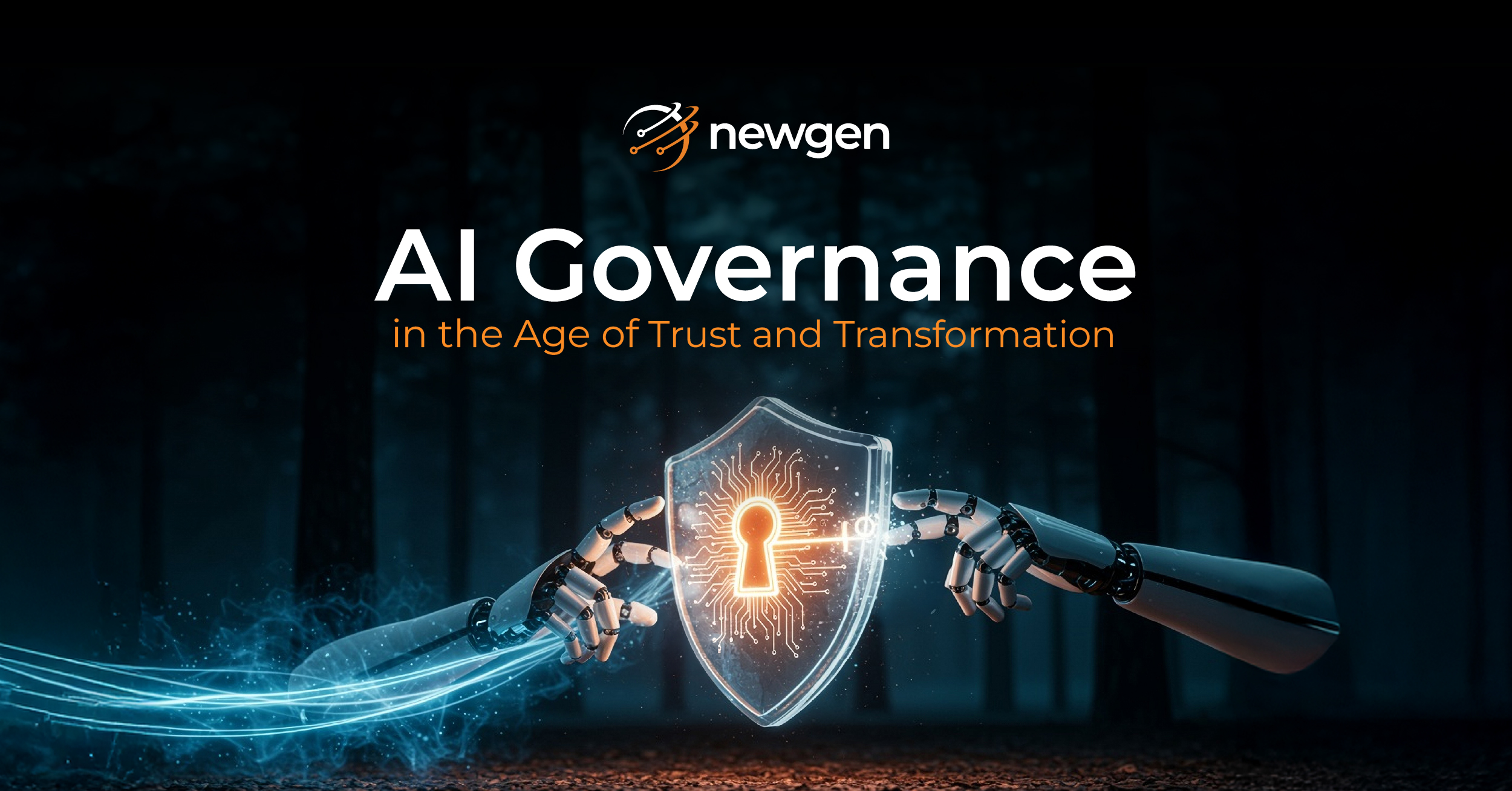Enterprise Content Technologies have been undergoing tremendous shift over the last decade, to the extent that ECM has been proclaimed dead by some. Well, this can be quite a challenge for technology decision makers as they try to decipher signals amidst all the noise.
With a lot of ongoing debates and discussions around Enterprise Content Management (ECM), a few questions which need to be addressed are:
Is ECM dead?
Is it time for the birth of Content Services?
Would ECM be reborn as Information Management?
ECM as we know till date
ECM technology has been around for decades, enabling businesses to effectively manage content for serving customers and employees better. It started as Document Management System (DMS) where various documents could be digitized, stored and managed through imaging, storage and document & record management technologies. The goal was to address the challenges in managing paper documents and to ease electronic information access.
DMS transformed into ECM over the years with greater goals of 100% paperless enterprise and digitization of content. This involved automation of complete content lifecycle and management of documents and records.
ECM further advanced by leveraging cloud, mobility, analytics, and social technologies to address the demands of multi-digital content; allowing for easy access to information through mobile devices by extending business applications on cloud, on-premise or hybrid environments. ECM would further evolve as technology vendors add advanced capabilities such as content analytics, robotic process automation and rich content management.
Analysts’ Perspectives
ECM to be built on modern architectures with transparent & intelligent content services
Analysts predict the future of a technology segment based on various parameters: Market Definition- how the software affects the market amidst new technologies and products; Software Vendors- how they are mapped in the market as per their technological and business capabilities; and Technology Capabilities- how the technology solves evolving customer needs. These underlying fundamentals form the base on which different analyst firms are predicting the future of ECM technology as well.
Forrester, in 2015, bifurcated the ECM market into two different categories: ECM Transactional Content Services (ECM TCS) and ECM Business Content Services (ECM BCS). ECM TCS has fundamental capabilities for handling high volume transactional content generated outside the workplace by customers or other stakeholders. ECM BCS, on the other hand has capabilities for handling business content generated within the enterprise by workers and identified stakeholders.
Enterprise architecture (EA) professionals must rethink how they manage their content — and consider how transparent, intelligent services can elevate content beyond traditional repositories
– Cheryl McKinnon, Forrester Research Inc
As per Forrester’s report “ECM in 2021” by Cheryl McKinnon, ECM products are expected to enhance their core capabilities with transparent and intelligent content services on cloud with contemporary architectures, lending flexibility to deliver business-ready applications with content management capabilities. Transparent and Intelligent Services would include (1) out-of-the-box integration services to make LOB systems content centric, (2) flexible licensing models based on business value units to provide clear ROI predictability to businesses, (3) modular services in the platform to deploy business-specific apps, (4) low code or no code application designs for easy deployment by business users, and (5) single information governance control across all the connected systems with capabilities for contextual content capture and delivery on mobile.
Upcoming technologies that would power ECM are Cognitive Content Services- Chatbots to take care of repeatable work; Analytics- to uncover contextual information available in documents (and otherwise), and to derive business value across customer lifecycle; and Machine Learning- to enable users make smarter decisions with system generated recommendations.
Death of ECM, Birth of Content Services
In 2016, Gartner redefined ECM market as Content Services- strategic concept covering Content Service Applications, Platforms and Components.
The transformation from ECM to content services denotes an important conceptual shift away from the “management” of content and too much focus on the repository as the solution. Redefining the market as content services recognizes that it is no longer strictly about the storage of content for the enterprise, but rather about the consideration of how content is used by individuals and teams — internally and externally — to create, collaborate, share, transform, and leverage that content in business processes and to gain insight. This transformation will be a multiyear evolution in many organizations, and reflects a change in requirements from buyers, affecting several markets.
– Gartner, Reinventing ECM: Introducing Content Services Platforms and Applications by Karen M. Shegda, Karen A. Hobert, Michael Woodbridge, Monica Basso (Published: 05 December 2016)
ECM as Intelligent Information Management
John Mancini from The Association of Information and Image Management (AIIM) proposed a new term Intelligent Information Management which will encompass data and content strategy. John is of the view that ECM is already wider in scope than its traditional content-centric framework as enterprises face exponentially growing content and data challenges.
John says content management and data management go hand-in-hand and hence both together are critical for customer and workforce engagement. ECM needs to transform from being a single suite deployed as a monolith to an intelligent information management platform. Existing ECM solutions are easy-to-use, easy to deploy, metadata intensive and provide core capabilities such as robust storage location. However, these core capabilities need to evolve and power business-centric applications, with a repository agnostic approach and with greater significance to content and insight.
“Forget about Content Services – even the “definitions” do not fit (on one hand they talk about “services” combined with the term “applications” – there are big differences in information architecture and layer models). And, ECM will not vanish immediately but will continue to stay around for a long while. Let’s better talk about “Information Management” suggests Dr. Ulrich Kampffmeyer, Managing Director of Project Consult.
Convergence and Divergence
Well, there are a few converging points in the opinions as expressed by the analysts. And, at the same time, there are a few areas where they diverge as well, while we focus discussions around naming, technology and content strategy aspects.
Download the whitepaper to gain clarity as a technology decision maker how all the buzz would affect businesses, users and the end customers.
Disclaimer
*The opinions expressed in this blog are those of the author, and they do not reflect in any way those of the organization to which he is affiliated.
*All statements in this blog attributable to Gartner represent Author’s interpretation of data, research opinion or viewpoints published as part of a syndicated subscription service by Gartner, Inc., and have not been reviewed by Gartner. Each Gartner publication speaks as of its original publication date (and not as of the date of this [presentation/report]). The opinions expressed in Gartner publications are not representations of fact, and are subject to change without notice. Gartner does not endorse any vendor, product or service depicted in its research publications, and does not advise technology users to select only those vendors with the highest ratings or other designation. Gartner research publications consist of the opinions of Gartner’s research organization and should not be construed as statements of fact. Gartner disclaims all warranties, expressed or implied, with respect to this research, including any warranties of merchantability or fitness for a particular purpose.
You might be interested in




